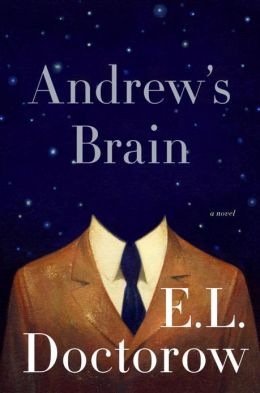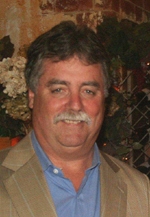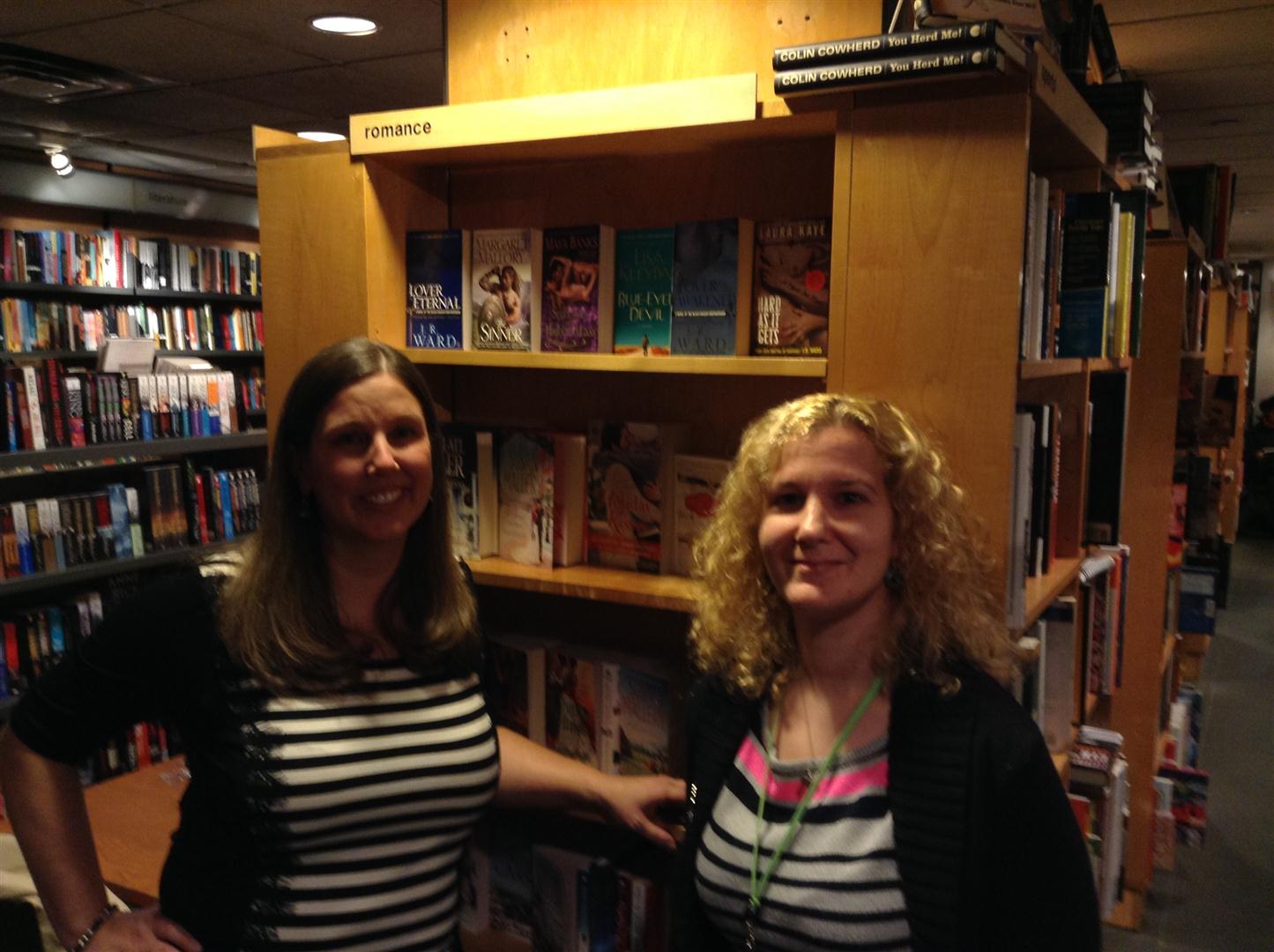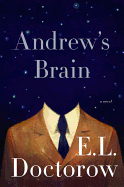 Whether the subject is race relations (Ragtime), the Civil War (The March) or the Rosenberg case (The Book of Daniel), over his more than half-century-long career E.L. Doctorow has shown an abiding interest in U.S. history. While Andrew's Brain doesn't have the epic feel of those earlier novels, in a less direct fashion it finds its way back to the same preoccupation, this time looking at our country in the post-9/11 era.
Whether the subject is race relations (Ragtime), the Civil War (The March) or the Rosenberg case (The Book of Daniel), over his more than half-century-long career E.L. Doctorow has shown an abiding interest in U.S. history. While Andrew's Brain doesn't have the epic feel of those earlier novels, in a less direct fashion it finds its way back to the same preoccupation, this time looking at our country in the post-9/11 era.
Most of the novel unfolds in intelligent, if elliptical, conversations between Andrew, who's a cognitive scientist, and an unnamed analyst. Their exchanges rove over considerable stretches of Andrew's past, dwelling on his personal and professional obsession with "how that three-pound knitting ball" that is the brain "gives us consciousness." They also discuss, as Andrew's ex-wife describes it, "that gift you have of leaving disaster in your wake." Some of those disasters are tragic, like the death of a child or of a motorist killed while trying to avoid a young Andrew's sled. Others, like a mishap at an academic cocktail party, are comic. There's something ineffably sad about the man, a self-described "freakishly depressive cognitive scientist klutz," whose despair lifts only when he meets the one person who seems capable of rescuing him.
Andrew's love affair with Briony, a beautiful and guileless college student enrolled in one of his classes, provides the story's emotional center. "For a person congenitally unable to be happy," Andrew recalls, "I was, with Briony, happy." But it's the abrupt end of their relationship that propels Andrew into the novel's concluding section, which ultimately connects it thematically with Doctorow's body of work.
Through an improbable meeting, Andrew enters the White House of Bush 43, a man he says is "feckless, irresponsible, in over his head." What's even more disturbing to him than the "fatal lassitude" of the president is his encounter with the men he calls Chaingang and Rumbum, who had "more or less taken over where the important decisions were to be made." What he sees inside the Oval Office transforms Andrew into some who "mourns for his country."
Much like Doctorow's cerebral City of God (2001), Andrew's Brain is a novel that seems aimed more at the mind than the heart. Like the process of analysis on which its narrative is built, it's focused on questions, not answers. Readers who want to tease out those answers for themselves are likely to find it a satisfying work. --Harvey Freedenberg, attorney and freelance reviewer
Shelf Talker: E.L. Doctorow's 12th novel explores some of the mystery of human consciousness in the post-9/11 world.
 Five months after opening a store in Larkspur, Calif., DIESEL, A Bookstore has put its nine-year-old Malibu location up for sale, the Malibu Times reported. DIESEL also has stores in Brentwood in Los Angeles and in Oakland. (The stores are far apart: Malibu and Brentwood are in Southern California, and Larkspur and Oakland are in the North, in the Bay Area.)
Five months after opening a store in Larkspur, Calif., DIESEL, A Bookstore has put its nine-year-old Malibu location up for sale, the Malibu Times reported. DIESEL also has stores in Brentwood in Los Angeles and in Oakland. (The stores are far apart: Malibu and Brentwood are in Southern California, and Larkspur and Oakland are in the North, in the Bay Area.)


SHELFAWARENESS.1222.S1.BESTADSWEBINAR.gif)


SHELFAWARENESS.1222.T1.BESTADSWEBINAR.gif)
 Yesterday, devotees of New York City's
Yesterday, devotees of New York City's  Carol Spurling, owner of
Carol Spurling, owner of  Grant Hill, owner of
Grant Hill, owner of  Bill Reilly, of the
Bill Reilly, of the 


 Check out the the
Check out the the  Hollow City
Hollow City Whether the subject is race relations (Ragtime), the Civil War (The March) or the Rosenberg case (The Book of Daniel), over his more than half-century-long career E.L. Doctorow has shown an abiding interest in U.S. history. While Andrew's Brain doesn't have the epic feel of those earlier novels, in a less direct fashion it finds its way back to the same preoccupation, this time looking at our country in the post-9/11 era.
Whether the subject is race relations (Ragtime), the Civil War (The March) or the Rosenberg case (The Book of Daniel), over his more than half-century-long career E.L. Doctorow has shown an abiding interest in U.S. history. While Andrew's Brain doesn't have the epic feel of those earlier novels, in a less direct fashion it finds its way back to the same preoccupation, this time looking at our country in the post-9/11 era.